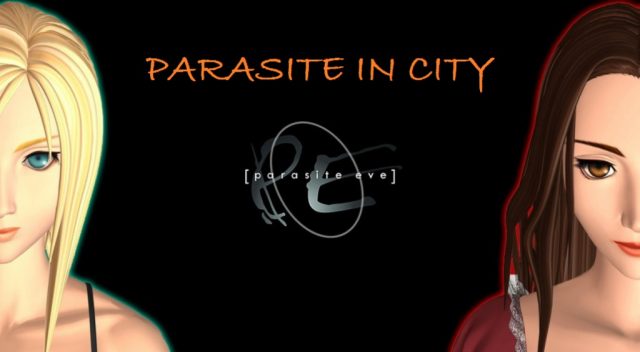

In the medium of video games, the term "cinematic" can be a loaded one, and, for a while, developers used this word to mean "as much story as the CD-ROM format will allow." I didn't quite remember how much Parasite Eve burdened the experience with exposition, but Square gives this horror story a light touch, while keeping everything moving at a fast pace thanks to the urgency demanded by the plot. Most fights involve avoiding simple enemy patterns and environmental hazards, all while deciding on the best moments to open fire – not the most complex battle system in the world, but one that still offers plenty of wiggle room for different strategies. The game also cuts down on item management with an altered take on the recharging health system popularized by Halo: Combat Evolved: Instead of being forced to juggle various healing items – even if they are present and slightly unnecessary – protagonist Aya Brea comes equipped with a constantly recharging "PE" meter used for healing, attacking, buffing and debuffing, and said meter fills at a healthy pace.
GAMES SIMILAR TO PARASITE IN CITY FREE
Parasite Eve's battle system even feels like a logical evolution of Chrono Trigger's, with its focus on immediacy (random encounters don't take place in some phantom battle dimension), along with the added option of free movement. If you have any knowledge of its staff, it shouldn't come as any surprise that Final Fantasy IV lead designer and Chrono Trigger director Takashi Tokita took the reins on Parasite Eve those two previous games in particular stripped and sanded down the many rough RPG edges for a much more approachable experience. I've been playing Parasite Eve over the past week as a brief respite from my ongoing Monster Hunter addiction, and in the absence of teenage expectations (the worst kind of expectations), Square's first flirtation with "going Hollywood" – a maneuver that would eventually lead to its fall from grace – continues to be an engrossing little oddity, in spite of the creaky technology at work behind the scenes. Parasite Eve certainly can't be placed alongside Half-Life, Metal Gear Solid, or The Legend of Zelda: The Ocarina of Time, though it remains an interesting glimpse into a future of JRPGs that never happened. But while its short runtime contradicted some unspoken rule of JRPGs, the original Parasite Eve managed to leave me with fond memories in the fall of 1998 – a period in which some of the biggest and most influential games of all time would launch. I haven't thought much about Parasite Eve lately, mostly because Square hasn't really given me a reason to Parasite Eve 2 traded in the first game's light RPG elements for the sake of being a mediocre Resident Evil knockoff, and, nearly a decade later, The 3rd Birthday marked one of Square Enix's most egregious appeals to the burgeoning pervert market. It's no wonder that RPG fans like me didn't know what to make of it. In what feels like an extremely prescient move, Square cast Parasite Eve in the mold of our modern, AAA gaming blockbusters, giving gamers a guided amusement park experience lousy with set pieces, and one that can be digested in just a few sittings. Final Fantasy VII might have sold based on its impressive CGI-laden advertisements, but it did so at the cost of alienating players unprepared for menu-driven gameplay. But it should be noted that Square created this new brand of "cinematic RPG" (as they would call it) to draw in an audience larger than the hardcore JRPG stalwarts who had supported them up to that point. To some, Parasite Eve's focus on streamlining Square's expected RPG design can't be seen as anything but sacrilege, and you can count me in with those who initially felt burned after blowing through the game over the course of a weekend.

Parasite Eve deviates wildly from the prescribed JRPG format, and even though its battle system introduced elements the developer would expand upon in the future, Square's take on Resident Evil features one playable character involved in a story that barely squeaks past the 10-hour mark.

As a lifelong follower of Square Enix – through both good times and bad – Parasite Eve stands as the first of its US-released games that left me feeling pangs of disappointment.


 0 kommentar(er)
0 kommentar(er)
